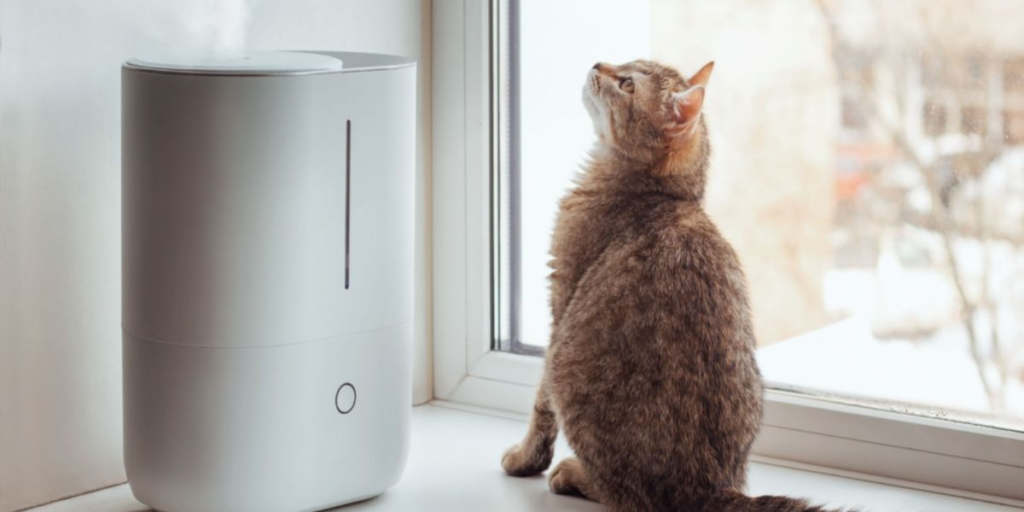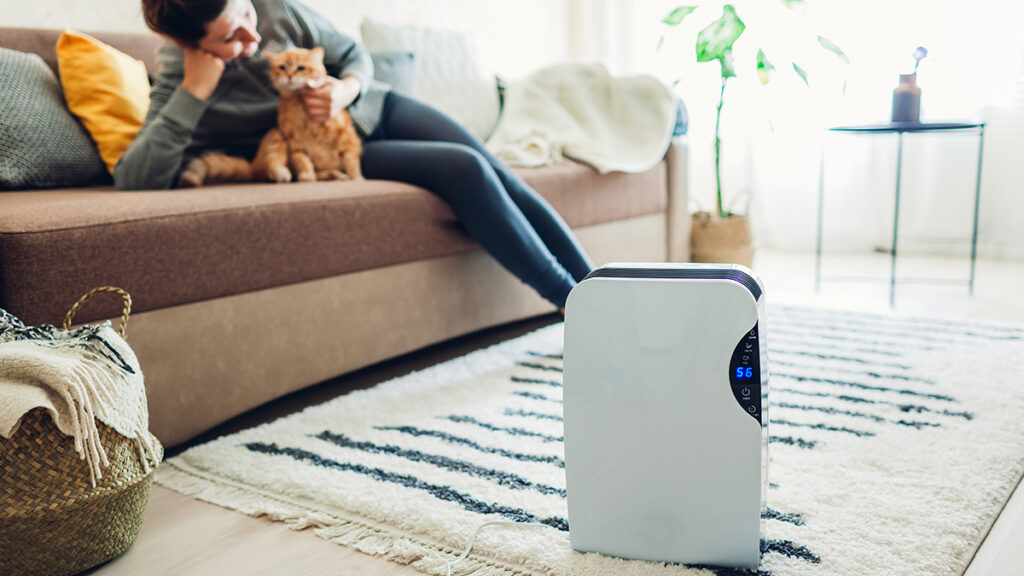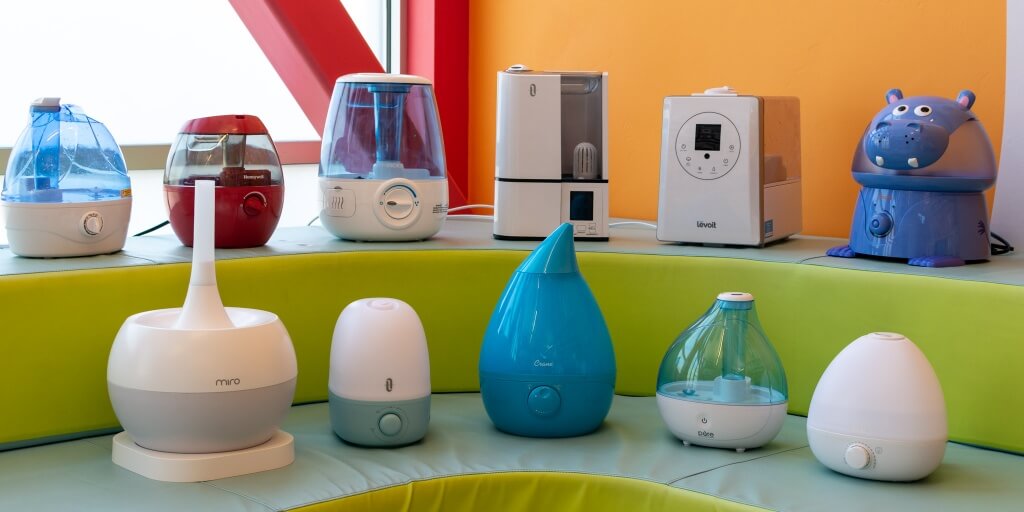If you’ve ever had a cat with an upper respiratory infection (URI), you know how uncomfortable it can be for them.
URI in cats is similar to the common cold in humans and can lead to symptoms like sneezing, congestion, and difficulty breathing.
As a caring pet owner, you’re probably wondering if a humidifier can provide relief for your furry friend. Let’s explore this topic in simple terms.
Do Humidifiers Help Respiratory Infections in Cats?
Yes, humidifiers can be a helpful addition to your home when your cat is suffering from a respiratory infection.
URIs often cause nasal congestion and irritate the airways, making it hard for your cat to breathe comfortably. Dry air can worsen these symptoms.
By using a humidifier, you can increase the moisture levels in the air. This added humidity can help soothe your cat’s irritated nasal passages, making it easier for them to breathe. However, it’s crucial to choose the right type of humidifier to ensure safety.
How Can I Help My Cat with an Upper Respiratory Infection?
Besides using a humidifier, there are a few other ways you can help your congested cat
Consult a Veterinarian: If you suspect your cat has a respiratory infection, it’s essential to consult your veterinarian. They can provide a proper diagnosis and recommend treatment options.
Keep Your Cat Hydrated: Make sure your cat has access to clean, fresh water. Staying hydrated is crucial for recovery.
Create a Comfortable Environment: Ensure your cat has a warm, quiet, and comfortable place to rest. Keep the environment free of drafts.
Use a Humidifier: As discussed earlier, a humidifier can help ease congestion and discomfort.

Will a Humidifier Help My Cat’s Sneezing?
Yes, a humidifier can help reduce your cat’s sneezing, especially if it’s caused or aggravated by dry air. Dry air can irritate the nasal passages, leading to frequent sneezing.
By maintaining proper humidity levels in your home, you can minimize this irritation and help your cat sneeze less frequently.
Best Humidifier for Cats
Choosing the right humidifier for your cat is essential. Here are some considerations:
Cool Mist or Ultrasonic Humidifiers: These types are generally the safest for pets, as they produce a cool, comfortable mist without the risk of burns.
Size and Capacity: Select a humidifier that suits the size of the room where your cat spends most of their time. A larger capacity means less frequent refilling.
Maintenance: Regularly clean and maintain your humidifier to prevent mold and bacteria buildup, which can be harmful to both you and your cat.
Humidifier or Vaporizer for Cats?
Both humidifiers and vaporizers can add moisture to the air, but there are some differences. Humidifiers produce a cool mist, while vaporizers create steam.
For safety reasons, it’s generally better to use a cool mist humidifier around cats to avoid the risk of burns.
Are Vicks Humidifiers Safe for Cats?
While Vicks humidifiers may not be the best choice for your cat.
Some Vicks products contain essential oils and menthol, which can be harmful to cats if ingested or inhaled.
It’s safer to opt for a plain, pet-friendly humidifier to ensure your cat’s safety.
In conclusion, a humidifier can be a valuable tool in providing relief for a cat with an upper respiratory infection. It helps maintain proper humidity levels, ease congestion, and reduce discomfort.
However, always consult with your veterinarian for a comprehensive treatment plan tailored to your cat’s specific needs. With the right care and attention, your cat will be on the road to recovery and back to their happy, healthy self.



